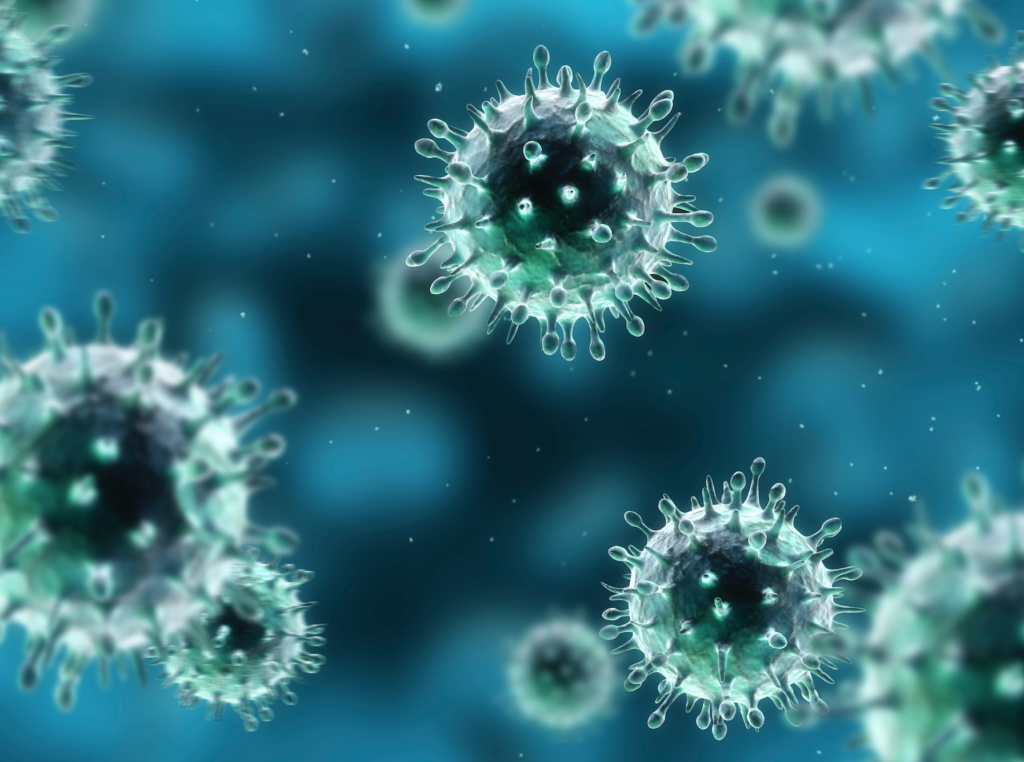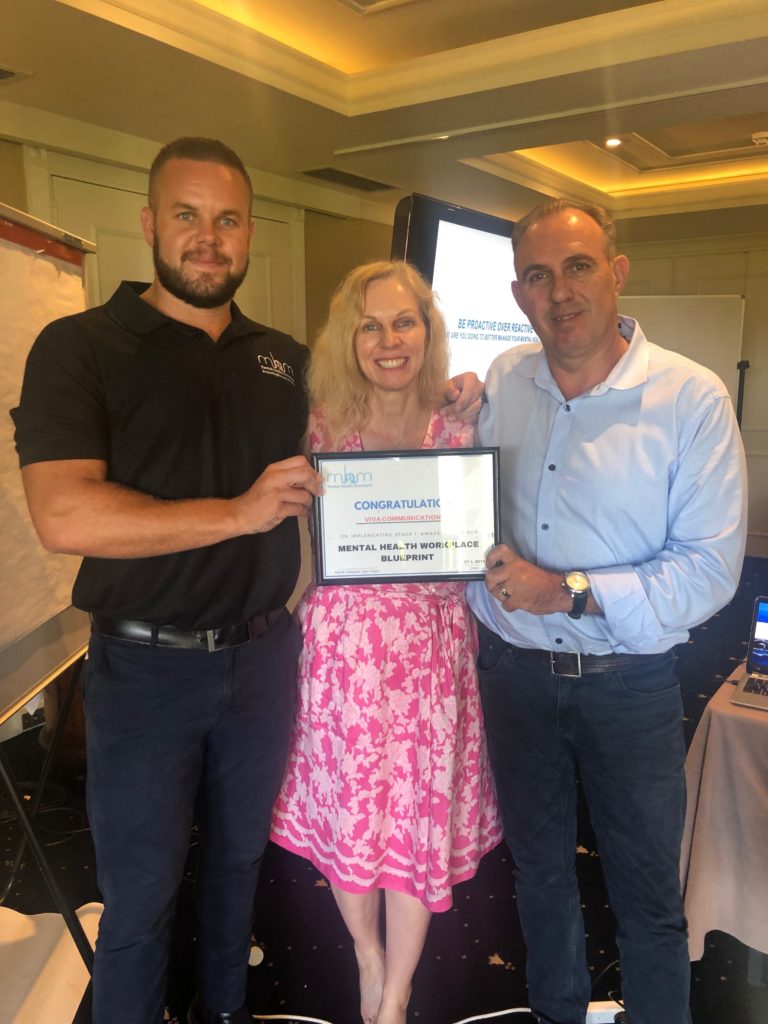Featured
EpiPen supplies returning to normal after year-long shortage
Widespread shortages of EpiPen, an epinephrine autoinjector for the treatment of anaphylaxis, have been resolved. The Therapeutic Goods Administration (TGA) confirmed this week the supply had returned to normal following a worldwide shortage that lasted almost a year. Issues with overseas manufacturers of the Mylan product in April 2018 had international ramifications, forcing those with…
Read MoreBattling the heat on Australia Day
Many Australians will be spending the day outdoors, but with temperatures set to surge into the 30s, the thousands heading to the beach or public pool will need to be extra careful to avoid heat-related illnesses. Australia Day celebrations normally go hand-in-hand with drinking, playing cricket and picnicking by the beach – sounds fun, but…
Read MoreLandmark study offering new hope for the treatment of people living with peanut allergies
Allergies are commonly believed to have no cure. Given a large percentage of the population experiences various allergies, with peanut allergy the number one cause of allergy-induced fatalities, it was only a matter of time before scientists chose to explore ways to treat the serious health problem. Aimmune Therapeutics-funded study (PALISADE) involved almost 500 participants…
Read MoreFive take home lessons from the immune system
There are many lessons we can learn from the many efficient and well-orchestrated systems of the human body. Cell differentiation occurs very early on in the development of the human embryo, allowing for cells to perform highly specialised functions. The immune system serves as a wonderful analogy of how cell specialisation, collaboration, team work, diversity…
Read MoreVIVA! Communications external planning workshop 2019
Team VIVA! set off early Thursday, January 17, for our annual workshop at Lilianfels Blue Mountains Resort & Spa, positioned at the edge of Echo Point, in the picturesque town of Katoomba. We arrived ready to begin what would prove an intensive two-day learning experience, capped off with fantastic food, a touch of wine and…
Read More




